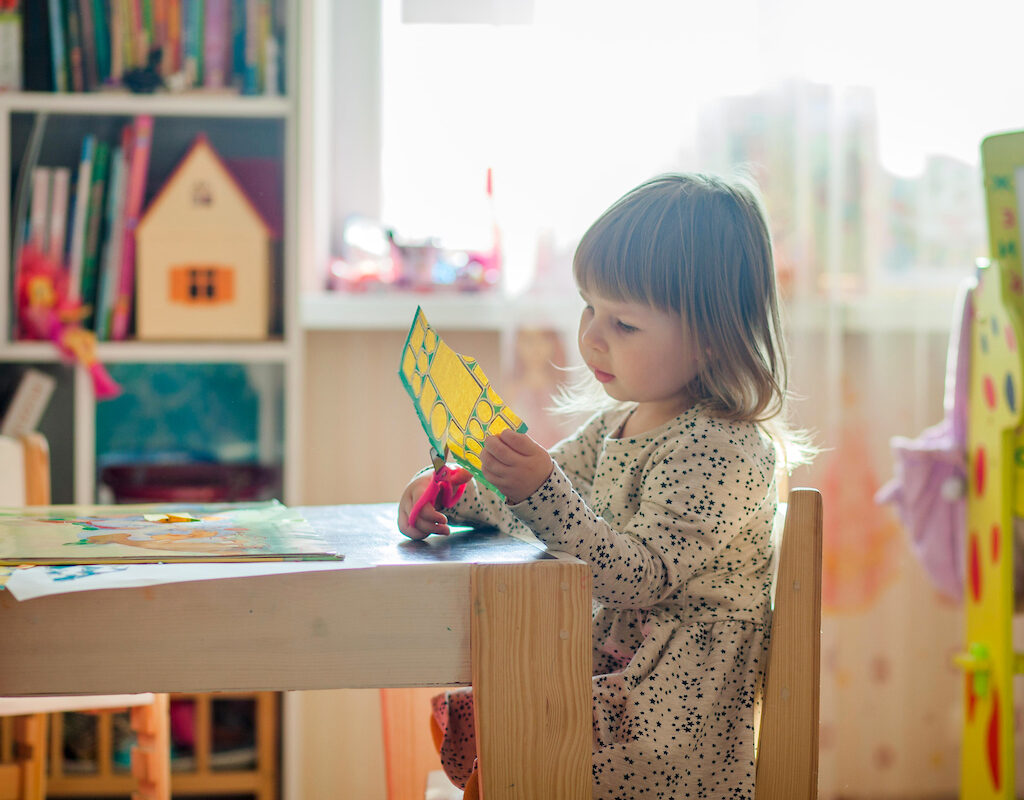Child Safety
We offer educational materials and programs that support child safety, including information on passenger safety and formal childcare training. Our child safety resources include child seat inspections, bicycle and pedestrian safety programs as well as formal certifications for child care professionals.
Related Departments: Nutrition

Early Childhood Education Program

Learn About
Child Safety
Programs
Courses
All Resources on Child Safety
- Course
Injuries are a serious threat to the health and well-being of children. Young children are at high risk for injuries that can lead to disability and even death. This course will help child care providers gain a better understanding of the subject of child safety and how to prevent injuries to the children in their care.
- Course
Children in child care facilities are two to three times more likely to get infections and illnesses that affect their health than children who are kept at home. Because of this, child care providers must monitor the children in their care to keep illnesses from spreading to the other children and workers in their facility.
- Course
This course covers preventing the spread of communicable diseases. It is designed to help you implement current, research-based best practices in your child care environments. During this course, you will learn about fighting germs, reducing infections, and applying basic infection control measures.
- Course
Beyond regulatory standards, this course delivers information needed to create/implement a risk management plan including preparing for emergency situations; maintaining the safety of people, facilities, equipment, and materials; preventing legal issues; creating communication plans; and, handling the aftermath of a crisis.
- Course
Asthma is one of the most common chronic childhood illnesses. This course gives a basic overview of what happens in the body during an asthma attack, discusses common asthma attack triggers, and covers a variety of strategies child care providers can use to reduce the number of asthma triggers in their indoor environments.
- Course
Children in child care facilities are 2- 3 times more likely to acquire infections and illnesses that affect their health than children who are kept at home. Because of that, child care providers must constantly monitor children in their care to keep illnesses from spreading to other children and workers in their facility.
- Course
In this course, you will learn about healthy brain development. We discuss the importance of responsive interactions and secure attachments, how interactions drive language development, the roles of major brain chemicals, the impact of trauma on the developing brain, and strategies for supporting brain development.
- Course
Sudden Infant Death Syndrome is the leading cause of death among babies between 1 and 12 months old. This course will help you learn how to create a safe sleep environment for infants, thus reducing the risk of Sudden Infant Death Syndrome, also called SIDS, and other sleep-related causes of death that affect infants.
- Course
Each year, nearly a million cases of child maltreatment, which includes both abuse and neglect, are confirmed, and many more probably go unreported. This course is designed to give child care professionals the tools to prevent, identify, and report child abuse and neglect among the children in your care.
- Course
Early childhood educators partner with parents for the benefit of their children. Parents often look to you when seeking resources to meet the needs of their children. This course will help child care providers learn about important health care resources available to them and the children and families that they serve.